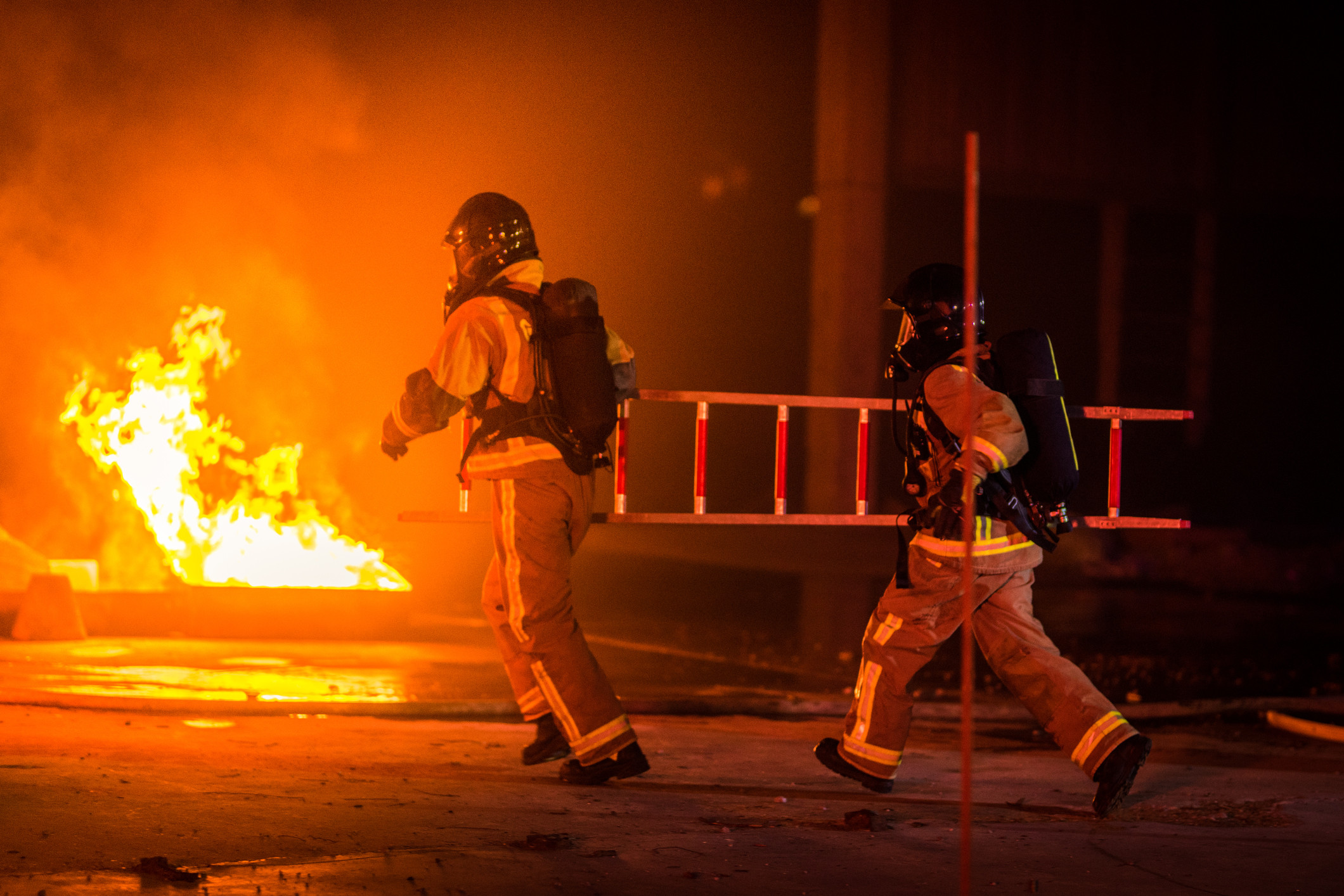As more becomes known about PTSD and its effects on first responders, there has become an increased public outcry that more be done to address this growing problem.
Often the first to arrive on the scene, First Responders also often bear the brunt of the effects of PTSD.
In a study released earlier this year which examined operational stress injuries among First Responders such as paramedics, police, and firefighters, it was found that 44.5 percent of the 5,813 examined “screened positive for clinically significant symptom clusters consistent with one or more mental disorders.”
According to Statistics Canada, that number is closer to 10 percent for the general population.
Originally thought of as an anxiety disorder, PTSD is now known as a mental illness that involves reliving a psychologically traumatic situation long after the physical danger has passed.
It can become a life-threatening illness. PTSD is often closely linked to suicide and in 2015 alone it’s estimated that 39 first responders took their own lives.
The same study from earlier this year also found that the effects can increase over time, as those first responders with the longest tenure and most exposures to traumatic events were most likely to develop mental disorders.
The study also found that disorders varied by geography and specific occupation (ie. firefighter vs paramedic).
Even within professions like policing; municipal and provincial officers often work in pairs and are afforded access to greater assistance with regard to mental health issues than RCMP officers, who are often on duty by themselves in remote locations, with less access to services.
The problem is one that is starting to be addressed to a greater degree on several fronts.
Earlier this year Prime Minister Justin Trudeau asked Federal Public Safety Minister Ralph Goodale to come up a plan to address PTSD among public safety workers. The ministers of defence and veterans affairs have also been asked to come up with a suicide prevention strategy for current and former members of the Canadian Armed Forces.
Earlier in the year, B.C. MP Todd Doherty introduced a private member’s bill that would create a framework to track the disorder, establish guidelines for diagnosis, treatment and management, and would create educational materials to be used by public health providers.
The bill was passed June 16 and read before the Senate later the same month, but it has yet to be studied by Senate’s social affairs committee.
Last month Doherty, in the wake of another suicide by a Mountie in Saskatchewan, posted a YouTube video petitioning senators to make the passing of the bill a priority.


